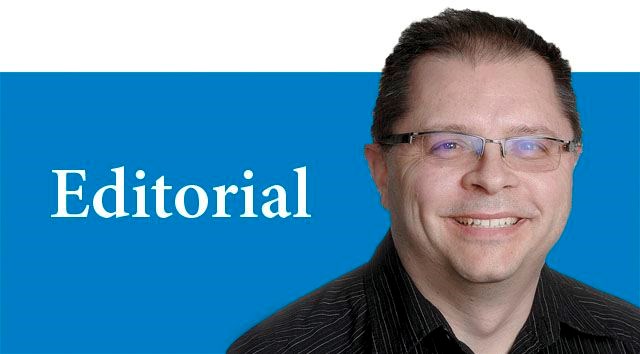When Justin Trudeau was elected prime minister in 2015 with a promise to legalize marijuana a signficant plank of his campaign platform, it was already clear that individual municipalities across Canada would have the authority to decide how that would look on the local level.
While the feds would worry about the Criminal Code changes and the legal implications of how drivers might be tested for intoxication while the provinces would wrestle with wholesale supply and government-owned and/or private stores, municipalities would decide how easily or difficult pot would be available in their communities, through local bylaws and the awarding of business licences for retail and online sales, warehouse storage and industrial grow operations.
In B.C., some municipalities wasted no time in passing new bylaws and putting them in effect before Trudeau even set a date for legalization. Nanaimo opened itself up for business as a major supplier of medicinal marijuana, knowing full well those grow facilties would move into the retail sector once the law allowed. Municipalities in Greater Victoria and Vancouver quickly opened the door to storefront and online sales, collecting a nice stream of income from those business licences while ensuring those stores offered safe product in clean settings, kept the riff raff out and were responsible neighbours.
Others, like Prince George, sat on their hands and wondered what to do, waiting for Ottawa and Victoria to provide direction, ignoring the fact they could set the path that worked best for their communities and their constituents.
Wednesday's unanimous decision by Prince George city council to yank WeeMedical Wellness Centre's business licence is a reflection of that failure to introduce a made-in-Prince George marijuana policy.
Yes, WeeMedical insisted on operating in open defiance of the existing city bylaws and RCMP enforcement. Yes, the City of Prince George was patient with WeeMedical, giving the company the opportunity to stay open, so long as it only sold legal products.
Yet WeeMedical's business strategy - in Prince George and in various locations around the province - has been obvious. Open storefronts ahead of almost everyone else to get a competitive advantage and then worry about municipalities might do. If local governments would turn a blind eye, allow WeeMedical to operate in whole or in part while new policy was being drafted or quickly passed new bylaws, it would be a win for WeeMedical. The company's intent was to push municipalities like Prince George to address now what everyone knew would have to be done sooner or later.
It's always amusing to hear city councillors justify enforcing bylaws. Coun. Garth Frizzell said it would be "unfair and unnervng" to cut WeeMedical slack while requiring other businesses to follow the rules, intentionally ignoring the fact that the enforcement of bylaws is largely complaint driven. Individuals and businesses accidentally or intentionally violate city bylaws all the time, from not licensing their dog and parking five hours downtown to making small interior renovations to their building without a permit, and hope they don't get caught and/or nobody complains.
Lawmakers and law enforcement can and do ignore the letter of the law at their convenience, as well.
Police officers like to catch bad guys pushing fentanyl, downloading and/or making child porn and organizing gangs. Police forces across Canada have been, to various degrees, ignoring individual pot users and backyard plant growers for years, except for dummies caught stoned behind the wheel or gangs using cannabis production and sales as a revenue stream. Police departments have followed the lead of the people who sign their cheques (municipal governments) when it comes to enforcement or not of the Criminal Code as it still stands, which is why the cops weren't busting up licensed stores in Vancouver but Prince George RCMP officers were dropping in unannounced at WeeMedical. That's part of the relationship between local elected officials and cops. The same thing happens when commanding officers accommodate the request of city councils for more bike or foot patrols in certain areas.
The problem has always been pot itself.
Reefer madness has been making concerned adults act crazy for generations, even though baby boomers and seniors make up a significant portion of the current clientele. Yet Prince George seems to have missed the early opportunity to see marijuana as the gateway drug to smarter decisions, like letting the Prince George marketplace decide if these businesses have the support of area residents, keeping local spending in Prince George and increasing tax revenue.
Mayor Lyn Hall will talk about what legal pot could look like in Prince George at a Chamber of Commerce breakfast on June 14. Better late than never is a weak defence. The conversation, followed by action, on this issue should have been the priority of this city council more than two years ago.
-- Editor-in-chief Neil Godbout



